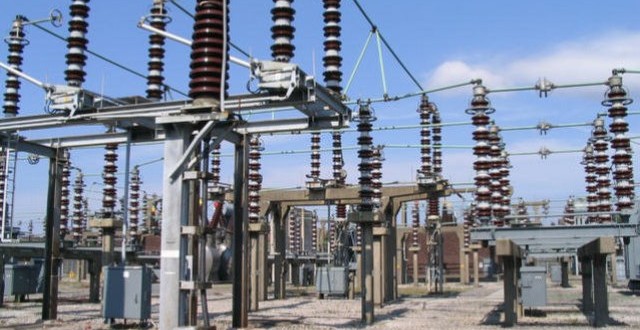In a concerning development for Nigeria’s power sector, on-grid electricity generation has dropped to 3,383 Megawatts (MW) as of 3 pm on January 26, 2024, despite the recent hike in electricity tariffs by the Nigerian Electricity Regulatory Commission (NERC). This decrease in power generation contrasts starkly with the expectation that higher tariffs would lead to improved power supply.
The fall in power generation was evident from data on the National Grid, showing that only 19 power generation plants were operational at the time, with notable facilities like Azura Power being off-grid and Egbin Power operating far below its usual capacity.
This decrease occurs in the wake of the new Multi-Year Tariff Order (MYTO 2024), which came into effect on January 1, 2024. Although the tariff was raised, consumers are still paying the old rates, with the government covering the gap as a subsidy, amounting to an estimated N1.6 trillion for 2024.
NERC had mandated electricity distribution companies (DisCos) to off-take 3,963MW as part of their obligations under the new tariff regime. However, actual off-take by the DisCos was significantly lower, indicating a shortfall in power distribution compared to the ordered amount.
The Transmission Company of Nigeria (TCN) attributed this drop in power generation to a gas supply shortage to thermal generating companies. This has impacted the amount of power available for transmission and distribution across the country. TCN has assured that efforts are being made to increase electricity supply as gas supply to thermal plants improves.
This situation presents a significant challenge to the Nigerian power sector, highlighting the complex issues of infrastructure, resource management, and financial mechanisms that need to be addressed to ensure stable and sufficient power supply across the nation.
